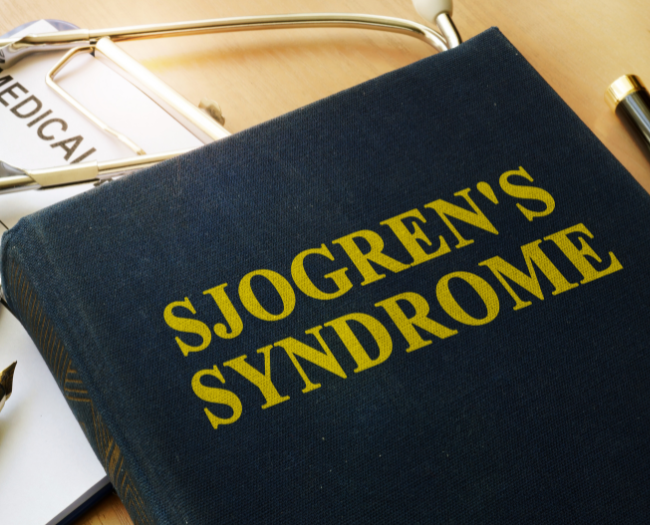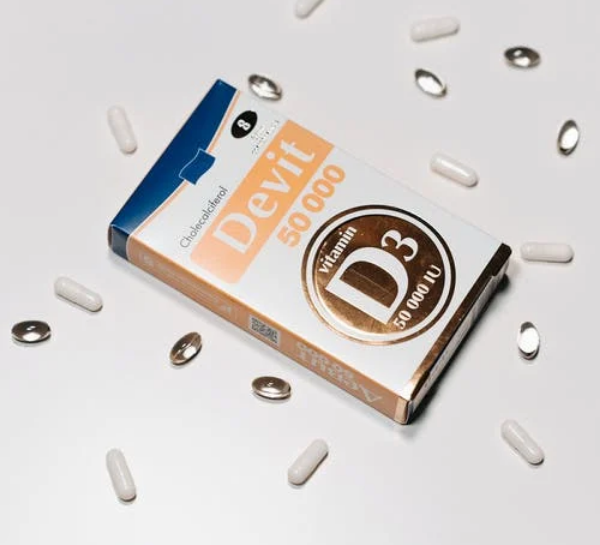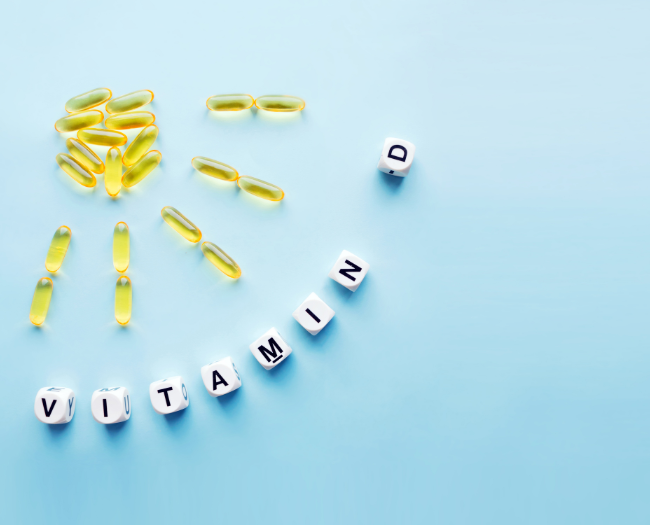Sjogren’s syndrome affects 4 out of every 100,000 persons each year. It equates to 0.2 percent of the total population of the United States. Women are 20 times more likely than males to get Sjogren’s Syndrome.
Many therapy options are now available to address difficulties, according to experts. Visit a medical professional immediately if you’re concerned about symptoms that might indicate you have an autoimmune condition like this one.
What is Sjogren’s syndrome

Sjogren’s syndrome is an autoimmune condition that causes glands in the eyes and lips to generate less moisture. It’s named after Henrik Sjogren, a Swedish ophthalmologist who was the first to report the illness. While dry mouth and eyes are the most common symptoms, most individuals who have these issues do not have Sjogren’s disease. Xerostomia is the medical term for dry mouth.
Sjögren’s syndrome is divided into two types:
- Primary Sjögren’s syndrome, which is a disorder that develops on its own, not as a result of another illness; and
- Secondary Sjögren’s syndrome, which occurs in people with rheumatoid arthritis, lupus, or psoriatic arthritis.
Can Sjogren’s go away
Sjogren’s syndrome has no known cure. Sjogren’s illness, like other autoimmune disorders, varies in severity from person to person. Many individuals suffer from a minor disease that affects their eyes and mouth. Others have symptoms that fluctuate in intensity or even go into remission. Also, some people suffer severe and long-term symptoms.
The current therapies are aimed at alleviating the symptoms. Moisture replacement therapy and nonsteroidal anti-inflammatory medications (NSAIDs) can ease dryness and irritation. A corticosteroid, which decreases inflammation in the body, or a disease-modifying antirheumatic drug (DMARD), which inhibits the body’s physiological response, may be given to those with severe Sjogren’s syndrome. Moreover, other members of the healthcare team may include a rheumatologist, an eye doctor, and a dentist, in addition to a primary care physician.
While there is no cure, Sjogren’s syndrome can go into remission and symptoms can be inconsistent. Some who suffer may experience severe symptoms while others have mild symptoms.
Tips for Reducing Symptoms of Sjogrens Syndrome
What happens if Sjogren’s syndrome is left untreated
If left untreated, Sjogren’s disease may lead to significant consequences, such as:
- lymphoma and multiple myeloma
- yeast infections in the mouth
- cavities in the teeth
- issues with vision
- bronchitis, pneumonia, and other lung disorders caused by inflammation
- kidney problems
- autoimmune hepatitis
- giving birth to a child with a heart condition or lupus
- peripheral neuropathy
- bladder interstitial cystitis
In order to avoid these complications, it is critical to seek treatment for Sjogren’s disease as soon as possible.
How do you treat Sjogren naturally
The Sjögren’s syndrome diet, like many other suggested diets, emphasizes well-balanced meals rich in vegetables, lean meats, and fruits. The Sjögren’s diet lowers or eliminates foods that might promote inflammation or allergic responses, in addition to enhancing vitamins for Sjorgen’s syndrome and healthy proteins in your diet.
Furthermore, this diet may reduce dryness symptoms and other linked diseases by eating a diet rich in anti-inflammatory foods. The following foods are rich in anti-inflammatory properties:

- Colorful fruits and vegetables that are deep red, yellow, orange, or green include vitamins for Sjogren’s syndrome, minerals, fiber, and antioxidants that may help decrease inflammation.
- Fatty food that is good for your health includes the omega-3 fats found in oily fish such as salmon, mackerel, sardines, pilchards, and herring, as well as avocados, nuts, seeds, and extra virgin olive oil.
- Glucose, which you may try to add a few tablespoons of it to your meals each day to get more soluble and insoluble fiber.
- Organic meat, such as beef or chicken.
- Herbs and spices, such as garlic, ginger, and turmeric, which adds an anti-inflammatory component to your diet.
Does Vitamin D help Sjogren’s syndrome

According to research, Vitamin D may have a role in the pathogenesis of Sjogren’s disease. Furthermore, low vitamin D levels have been identified in Sjogren’s syndrome patients, which are linked to extraglandular symptoms like lymphoma or neuropathy, indicating that vitamin D may positively impact Sjogren’s syndrome.
According to our results, vitamin-D levels of patients with primary Sjögren’s syndrome are not lower than those measured in the equivalent healthy population. However, lower vitamin-D levels among pSS patients did correlate inversely with older age.
Low levels of vitamin-D are associated with neuropathy and lymphoma among patients with Sjögren’s syndrome
What is the best medicine for Sjogren’s syndrome
Sjogren’s syndrome is a chronic illness that might interfere with your regular activities. Treatments and self-help methods may simplify daily life, but you should also consider having one or more nutritional vitamins for Sjogren’s syndrome.
Vitamin D

According to a study published in the journal Autoimmunity Reviews, there is proof that many persons with autoimmune disorders are vitamin D deficient. The study also discovered that vitamin D may have a role in the growth and progression of Sjogren’s syndrome and that supplementing with vitamin D may be beneficial to people who suffer from the illness.
Vitamin B12

Several kinds of research have also shown that Sjogren’s syndrome is associated with vitamin B12 deficiency. One early study suggests that B12 insufficiency is more frequent in people with primary Sjogren’s syndrome than in those with the second variant. Some persons with Sjogren’s syndrome may benefit from a vitamin B12 supplement since vitamin B12 deficiency may induce anemia.
Hydroxychloroquine (Plaquenil), a drug designed to treat malaria, is often helpful in treating Sjogren’s syndrome. Drugs that suppress the immune system, such as methotrexate (Trexall), also might be prescribed.
Sjogren’s syndrome – Diagnosis and treatment
What should I avoid when I have Sjogren’s syndrome

Eliminating frequent trigger foods and allergens is a requirement of the Sjögren’s diet or a comparable anti-inflammatory diet.
Persons with Sjogren’s syndrome should avoid the following foods:
- alcohol
- corn, safflower, and canola oils
- dairy foods
- fried foods
- food that has been processed
- gluten
- red meat
- refined grains
- soda
- sweets and sugars
Some foods have varied effects on different persons. While some foods might cause inflammation and exacerbate Sjögren’s disease symptoms, you can also consume them in moderation. It is especially true with dairy products like yogurt and cheese.
Consider removing certain items from your diet if your symptoms intensify after consuming them. Also, talk to your doctor about your symptoms to ensure you get the appropriate therapy.
Comment below to share your thoughts and don’t miss our blog on supplements to handle body stress.

